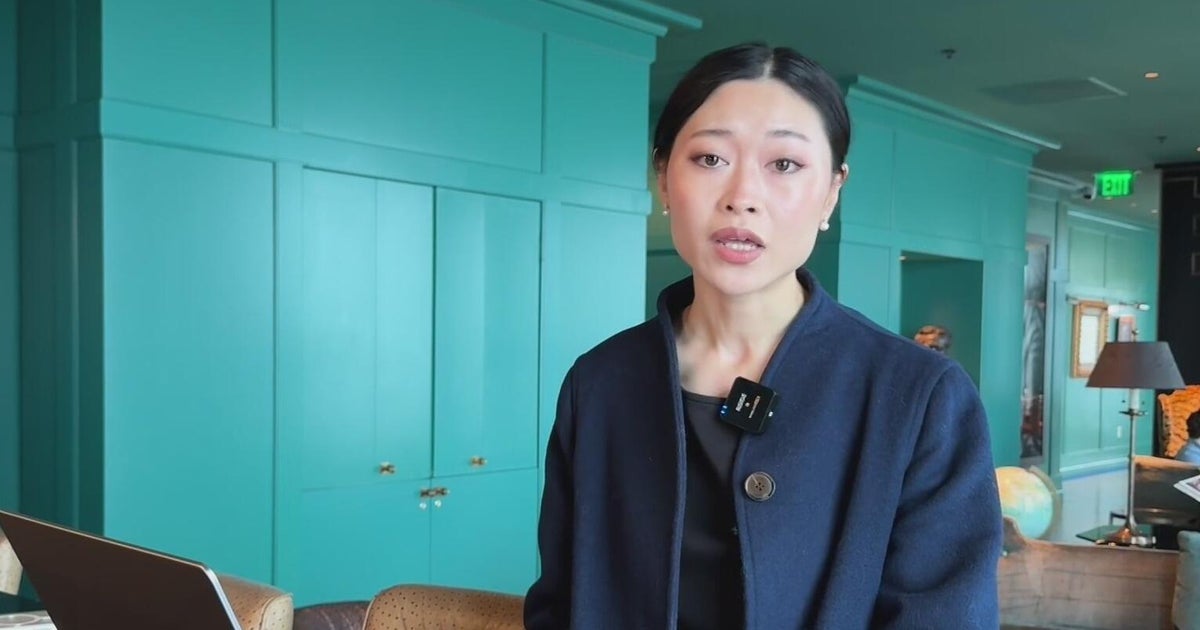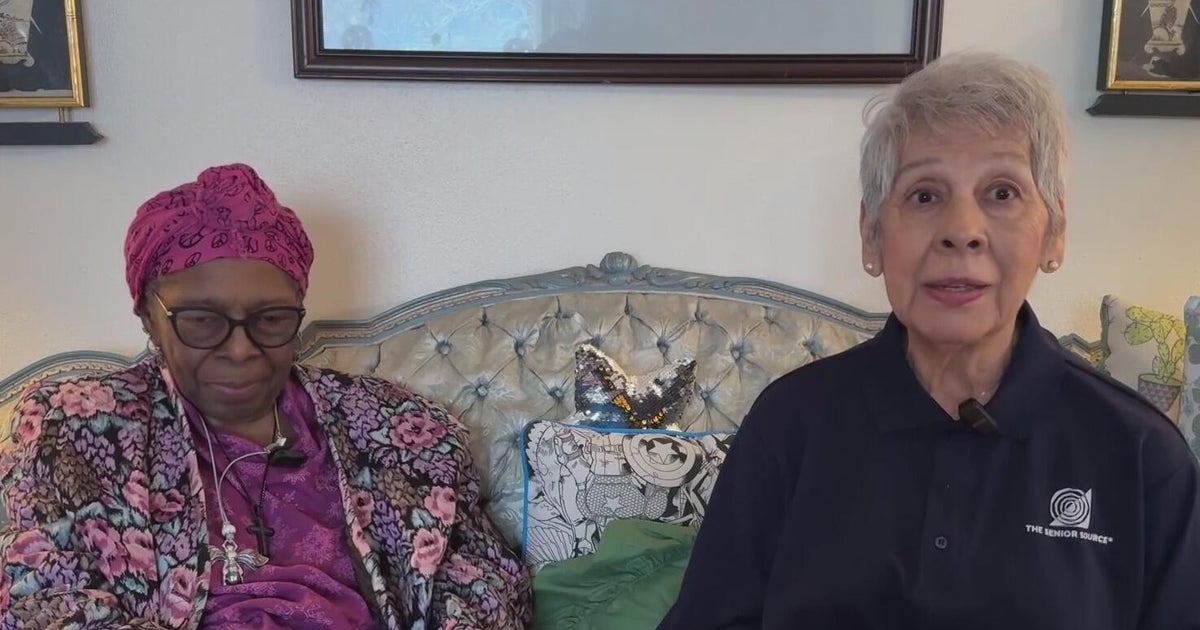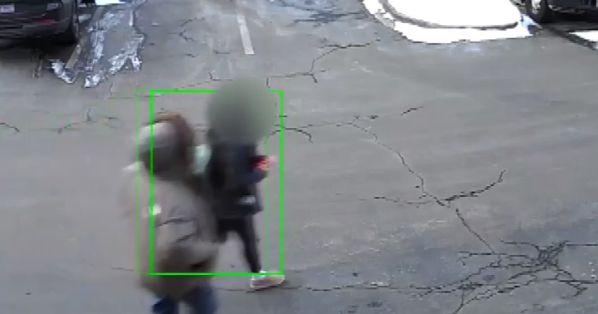App That Gives Users 'Elderly' Selfies Under Scrutiny Over Security
MINNEAPOLIS (WCCO) -- An app for your phone that has many people talking. One of its popular features is turning pictures of yourself today into an older version of yourself.
FaceApp has been at the center of social media over the last few days for its ability to predict what the older version of you will look like. But the app developer is based in St. Petersburg, Russia, and that has many worried about where their data is going.
Natalie Clark used FaceApp to transform her selfie into an older version of herself.
"It made me think about my health, sunscreen. I don't want sunspots when I'm old," she said. "I was definitely a cute old person."
Clark and her friends are part of a global trend, opting in to what FaceApp wants from you, which is access to your photos.
WCCO's Marielle Mohs spoke with cyber security expert Chris Schulte, and he said if you use FaceApp, the first thing you're going to see when you download it on your phone is the app asking you if it can access all your photos.
If you say yes, you're giving the app developer access to every single photo on your phone. If you select no, you'll still see photos show up on the app to play with but the app doesn't own any of those photos.
However, the second you select a photo and edit it, the app has access to that single photo.
Friends Simon Gray and Meghan Keller got into the app, saying they're willing to trust it because so many are using it, including celebrities.
WCCO reached out to the app developer, Goncharov, who said they only store photos users edit on the app. They do not sell or share your photos. And, even though the company is located in Russia, user data is not transferred to Russia. Here is their full statement:
We are receiving a lot of inquiries regarding our privacy policy and therefore, would like to provide a few points that explain the basics:
1. FaceApp performs most of the photo processing in the cloud. We only upload a photo selected by a user for editing. We never transfer any other images from the phone to the cloud.
2. We might store an uploaded photo in the cloud. The main reason for that is performance and traffic: we want to make sure that the user doesn't upload the photo repeatedly for every edit operation. Most images are deleted from our servers within 48 hours from the upload date.
3. We accept requests from users for removing all their data from our servers. Our support team is currently overloaded, but these requests have our priority. For the fastest processing, we recommend sending the requests from the FaceApp mobile app using "Settings->Support->Report a bug" with the word "privacy" in the subject line. We are working on the better UI for that.
4. All FaceApp features are available without logging in, and you can log in only from the settings screen. As a result, 99% of users don't log in; therefore, we don't have access to any data that could identify a person.
5. We don't sell or share any user data with any third parties.
6. Even though the core R&D team is located in Russia, the user data is not transferred to Russia.
Additionally, we'd like to comment on one of the most common concerns: all pictures from the gallery are uploaded to our servers after a user grants access to the photos (for example, https://twitter.com/joshuanozzi/status/1150961777548701696). We don't do that. We upload only a photo selected for editing. You can quickly check this with any of network sniffing tools available on the internet.
So the bottom line is think before you download.
If you did use this app already and you're now worried about your information, the app developer said they are taking individual requests to remove all your data from their servers. But in their statement to us, they said they are backed up with requests, so it may take a while, though they said these requests are a priority.







